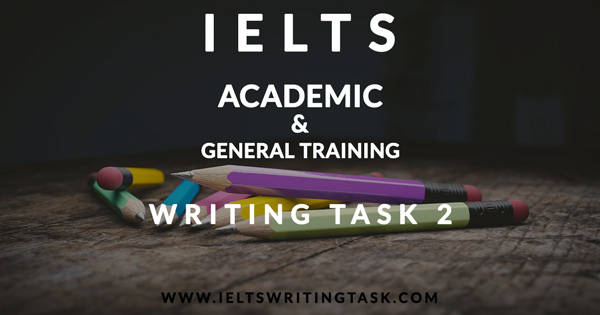Should the government provide free education for all citizens?
Sample Answer:
In today’s world, education is considered a fundamental right for every individual. However, the cost of education can be a barrier for many people, especially those from low-income families. This raises the question of whether the government should provide free education for all citizens.
On one hand, providing free education for all citizens can have numerous benefits. It can help reduce the socio-economic gap by giving equal opportunities to everyone, regardless of their financial background. This can lead to a more educated and skilled workforce, which in turn can contribute to the overall development of the country. Additionally, free education can also lead to a more informed and engaged citizenry, which is essential for a functioning democracy.
On the other hand, there are concerns about the feasibility and sustainability of providing free education for all citizens. The cost of education is substantial, and funding it entirely from the government’s budget may not be practical. This could lead to higher taxes or cuts in other essential services, which could have negative implications for the economy and society as a whole.
In my opinion, while the idea of free education for all citizens is appealing, it may not be entirely feasible in reality. Instead, the government should focus on providing targeted financial assistance to those who need it the most, such as students from low-income families. This can help address the issue of inequality in access to education, without putting an overwhelming burden on the government’s finances.
In conclusion, while the concept of free education for all citizens is noble, it may not be entirely practical. Instead, targeted financial assistance can be a more sustainable approach to ensure that everyone has access to education, regardless of their financial circumstances.
More Writing Task 2 Sample Essay
